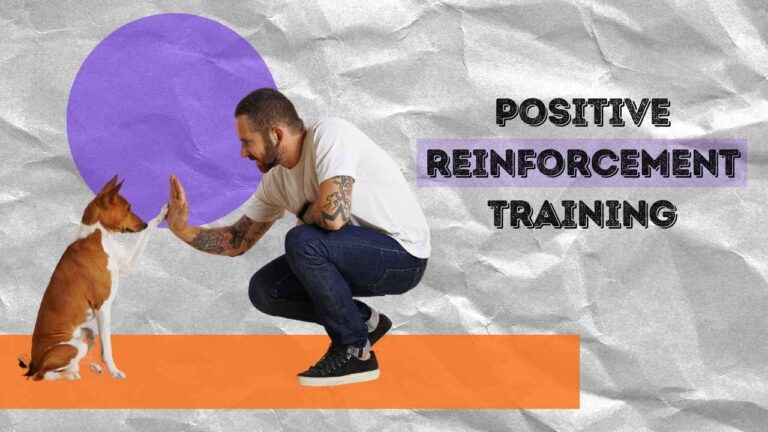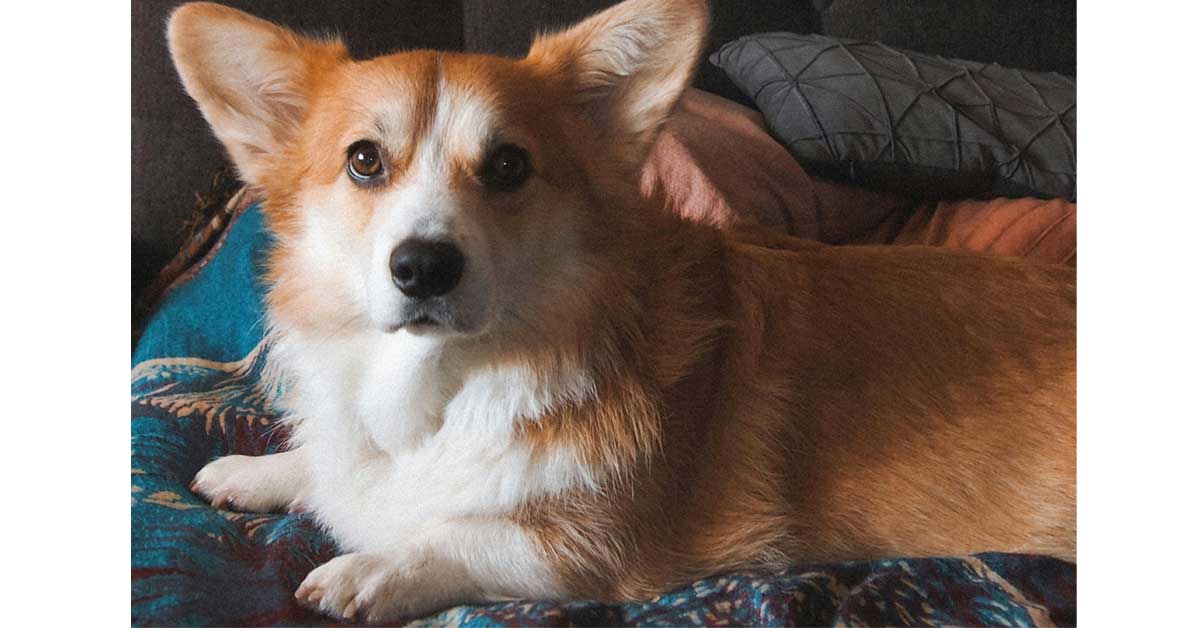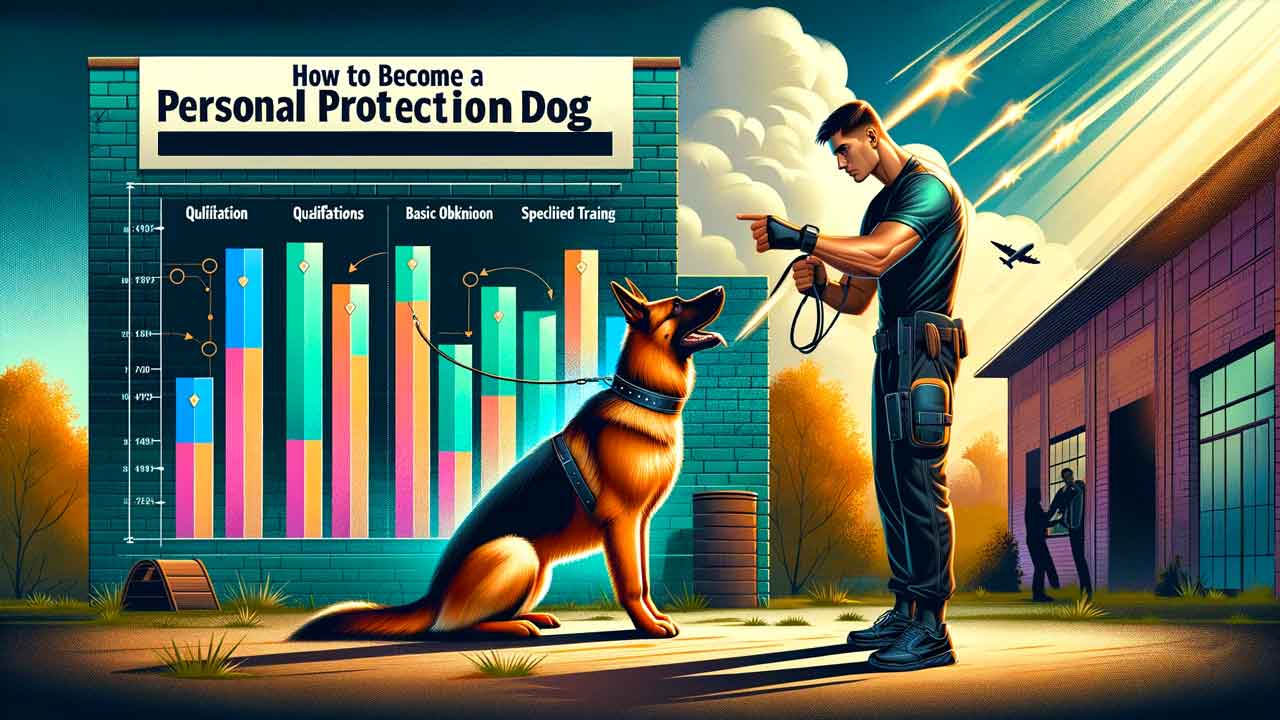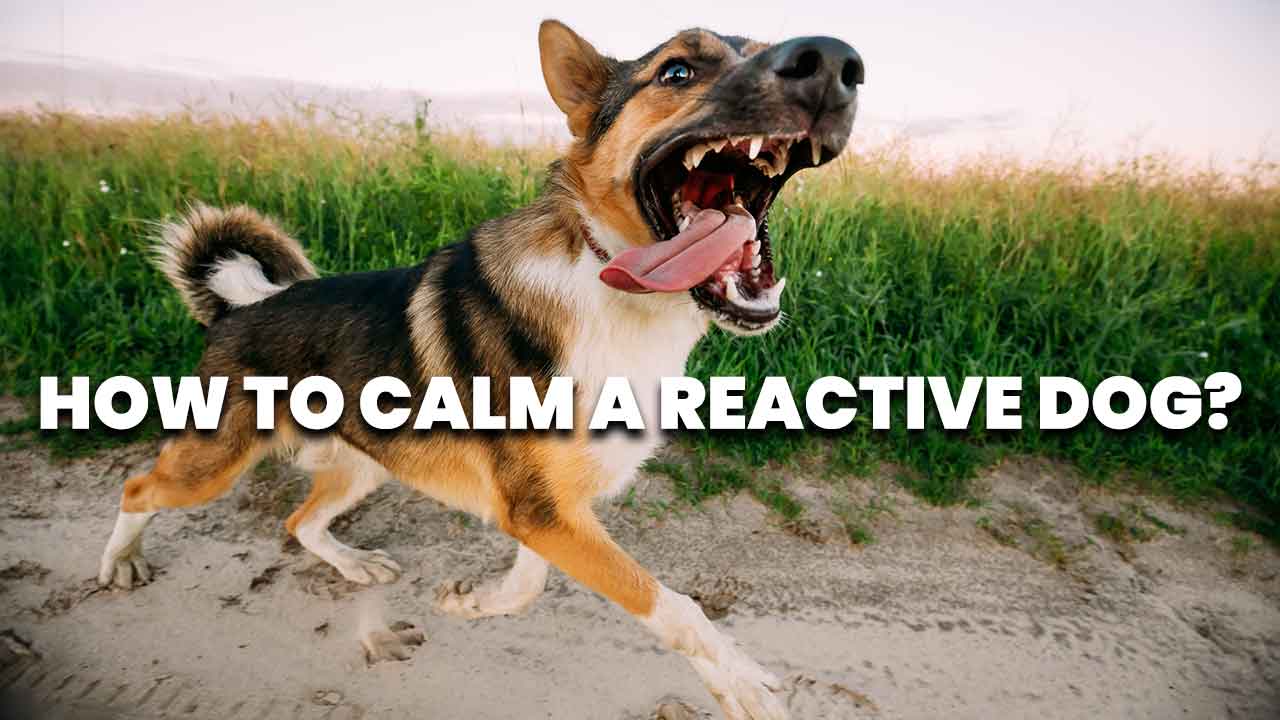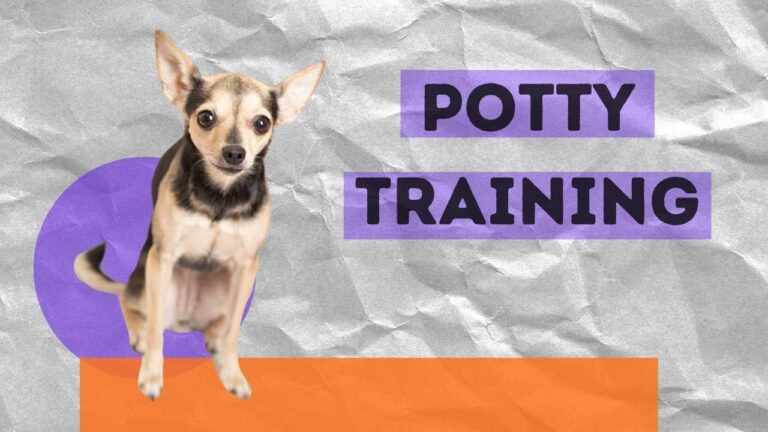How to Train a Rabbit Dog
Key Takeaways
| Aspect | Detail |
|---|---|
| Training Methodology | Emphasis on patience and consistency |
| Breed Characteristics | Understanding breed-specific traits |
| Essential Commands | Focus on basic and advanced commands |
| Environmental Adaptation | Training in diverse environments |
| Health and Nutrition | Importance of proper diet and care |
| Legal and Ethical Considerations | Awareness of hunting regulations |
To train a rabbit dog, it means a pursuit that combines the thrill of the hunt with the unique bond shared between a hunter and their canine companion, is both an art and a science. This guide delves into the intricate process of preparing dogs, especially breeds like Beagles, Basset Hounds, or Harriers, for rabbit hunting. The journey from a playful pup to a skilled hunting dog is filled with challenges and triumphs, requiring a deep understanding of canine behavior, patience, and a strategic approach.
Understanding Your Dog's Breed and Instincts
Selecting the right breed is paramount in rabbit dog training. Breeds like Beagles, Basset Hounds, and Harriers are favored for their innate hunting instincts, particularly their strong olfactory senses which are crucial for tracking rabbits. Each breed has its own set of characteristics that make them suitable for this type of hunting. For instance, Beagles are known for their endurance and keen sense of smell, making them exceptional at following rabbit trails. Understanding these breed-specific traits is essential for effective training. This includes recognizing their strengths, such as stamina and agility, and working on any limitations they might have. In-depth knowledge of your dog’s breed will help tailor the training process, ensuring it aligns with their natural instincts and capabilities.
Fundamental Techniques on How to Train a Rabbit Dog
The cornerstone of training a rabbit dog lies in establishing a strong foundation in basic obedience. Commands such as ‘sit', ‘stay', ‘come', and ‘heel' are essential for maintaining control in the field. Once these basics are firmly in place, the training can gradually become more specialized, introducing commands and techniques specific to rabbit hunting. Starting training at a young age is beneficial, as it allows these behaviors to become deeply ingrained. The training process should be consistent, using positive reinforcement to encourage desired behaviors. It's also important to introduce the concept of patience and perseverance to the dog, as rabbit hunting often involves long periods of waiting and tracking. Balancing discipline with rewards and play is key to keeping the dog engaged and motivated throughout the training process.
Environmental Conditioning
A significant aspect of training a rabbit dog is acclimatizing them to various environments they might encounter during hunts. This includes exposing them to different terrains such as fields, forests, and brushy areas. It's also beneficial to introduce them to live rabbits in controlled settings, allowing them to understand and focus on their quarry. This exposure helps the dog learn how to navigate different landscapes, track scents over various grounds, and react appropriately to the sight and scent of rabbits. It's crucial that this training is done gradually, ensuring the dog is comfortable and confident in each new setting. This varied environmental conditioning will result in a versatile and adaptable hunting companion, capable of performing well in any situation they might encounter on the hunt.
Health, Nutrition, and Care
The physical and mental well-being of a rabbit dog is paramount to their performance in the field. A diet rich in nutrients, tailored to their specific needs and activity levels, is crucial for maintaining their health and energy. Regular veterinary check-ups are important to ensure they are fit and to address any health issues promptly. In addition to physical health, mental well-being is equally important. A dog that is mentally stimulated and well-cared-for is more attentive and responsive during training and hunting. This includes providing them with enough rest, mental stimulation, and affection. Ensuring their overall well-being not only enhances their hunting abilities but also strengthens the bond between the dog and the hunter.
Legal and Ethical Hunting Practices
Before embarking on rabbit hunting, it is essential to be well-versed in local hunting laws and regulations. This includes understanding the designated hunting seasons, obtaining the necessary licenses, and being aware of the ethical hunting practices. Respect for wildlife and adherence to conservation principles is crucial. Hunters should also be knowledgeable about the areas where they are allowed to hunt and ensure that they have permission to use private lands. Following these legal and ethical guidelines not only ensures a responsible hunting experience but also contributes to the conservation of wildlife and natural habitats.
Advanced Training and Certification
For those looking to elevate their training skills, advanced training courses and certifications are available. These programs offer comprehensive knowledge and hands-on experience in various aspects of dog training, including specialized hunting techniques. For example, the program detailed in How to Become a Dog Trainer in Missouri provides an in-depth understanding of canine behavior and effective training methodologies
nd practical skills needed to train dogs for specific purposes, including rabbit hunting. These courses are beneficial not only for professional trainers but also for hunters who wish to deepen their understanding of canine training. Achieving certification in dog training can open up new avenues, from participating in competitive hunting events to providing professional training services. It's a pathway to enhancing one's expertise and credibility in the field of canine training and hunting.
Importance of Different Aspects in Training Rabbit Dogs
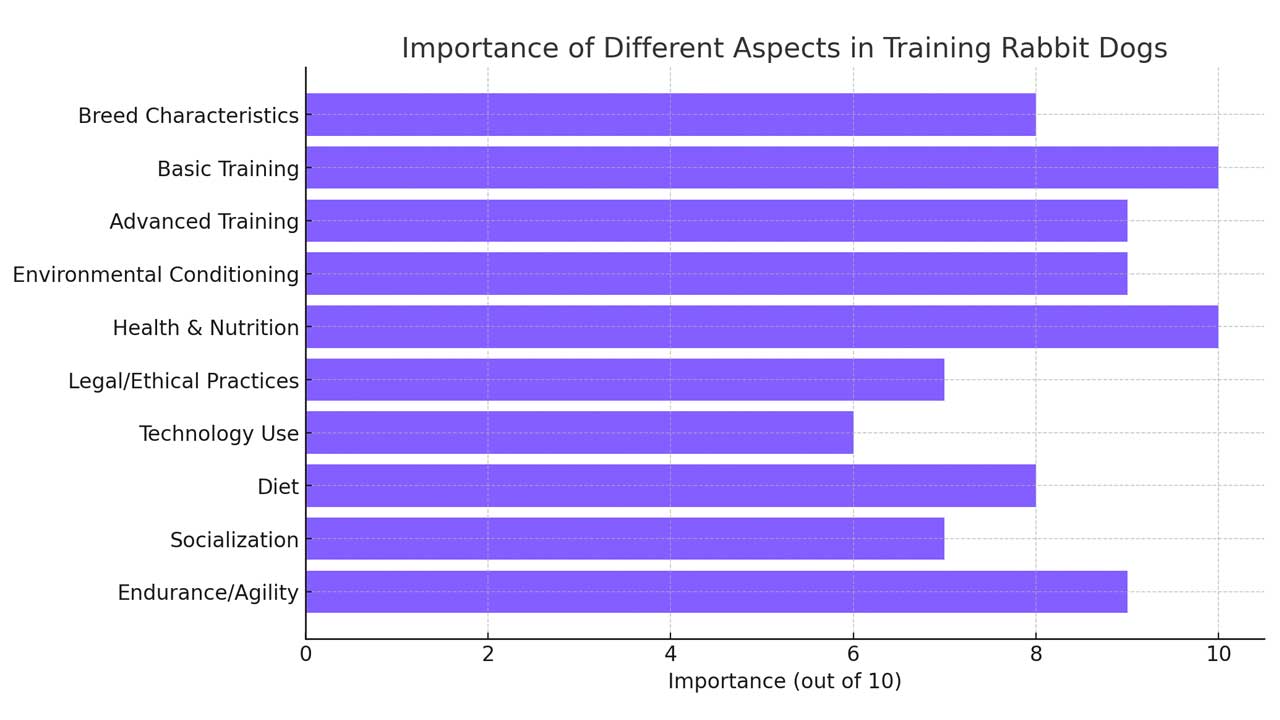
A graphical representation of the importance of various aspects in training rabbit dogs. Each aspect is scored on a scale of 1 to 10, with 10 indicating the highest level of importance. The aspects include breed characteristics, basic and advanced training, environmental conditioning, health and nutrition, legal and ethical practices, technology use, diet, socialization, and endurance and agility. The bar graph clearly shows that basic training, health and nutrition, and advanced training are considered highly crucial, each scoring 9 or 10. This visualization helps in understanding which elements are key in the successful training of a rabbit dog.
Alternative Training Methods
Flexibility in training methods is crucial, as not every approach suits every dog. Some dogs may respond better to positive reinforcement techniques, which involve rewarding desired behaviors to encourage their repetition. Others might benefit from more traditional training methods that involve firmer guidance. The key is to observe and understand your dog's response to different training styles and adapt accordingly. It’s important to maintain a balance between discipline and encouragement, ensuring the dog remains engaged and motivated. Experimenting with different methods can reveal the most effective approach for each individual dog, leading to a more successful training outcome. Understanding and catering to the unique personality and learning style of each dog is essential for effective training.
Incorporating Hunting Scenarios in Training
Integrating real-life hunting scenarios into your training sessions can significantly enhance your dog's hunting skills. This involves creating simulations that mimic actual hunting situations, such as tracking rabbit trails, navigating through dense foliage, and responding to the sound of gunfire. These scenarios help the dog understand the context in which they will be using their skills, making the transition to real hunts smoother. It’s important to gradually increase the complexity of these scenarios, ensuring the dog can handle the challenges of a real hunt.
Building Endurance and Agility
Rabbit hunting requires dogs to have high levels of endurance and agility. Incorporating exercises that build stamina, like long walks or runs, is crucial. Agility training, which can include navigating through obstacle courses, helps in developing a dog's ability to move swiftly and efficiently through varied terrains. This physical training not only improves their hunting capabilities but also contributes to their overall health and fitness.
Socialization and Temperament Training
Socialization plays a vital role in a rabbit dog's training. Exposing them to different environments, people, and other animals helps in developing a well-rounded temperament. A dog that is well-socialized is less likely to be distracted or startled in the field, making them more focused and efficient hunters. Training should also focus on ensuring the dog remains calm and controlled in the presence of prey, which is critical for successful hunts.
Utilizing Technology in Training
Modern technology offers various tools that can aid in the training process. GPS collars, for instance, allow hunters to track their dogs' movements, especially useful in dense hunting grounds. Training collars can be used for remote guidance, helping in reinforcing commands from a distance. It’s important to use these tools responsibly and as supplements to traditional training methods.
The Role of Diet in Training Performance
A rabbit dog's diet plays a significant role in their training and hunting performance. A high-quality diet, rich in protein and essential nutrients, is necessary to maintain their energy levels and physical health. Consulting with a veterinarian to develop a diet plan tailored to your dog's specific needs is recommended. Additionally, understanding the timing of feeding in relation to training and hunting sessions can optimize their energy and performance.
Ethical Considerations in Rabbit Hunting
Ethical hunting practices are paramount in training and hunting with dogs. This includes ensuring the welfare of the dog, respecting the game, and adhering to hunting regulations. Humane training methods that prioritize the dog's well-being and respect for the rabbit as a game species are essential. Hunters should also be aware of the impact of their activities on the ecosystem and strive to maintain a balance in the wildlife population.
Networking and Community Involvement
Engaging with a community of fellow hunters and trainers can provide valuable insights and support in the training process. Joining clubs or online forums dedicated to rabbit hunting and dog training offers opportunities to share experiences, learn new techniques, and stay updated on best practices. Participating in hunting events and competitions can also be beneficial, providing real-world experience and exposure to different training approaches.
Innovative Training Techniques and Tools
Embracing innovation in training methods can significantly benefit the training of rabbit dogs. This includes using modern training tools like electronic tracking collars and advanced training dummies that mimic the scent and texture of rabbits. Virtual reality and augmented reality platforms are emerging as tools to simulate hunting environments, providing a controlled setting for training. These technological advancements offer new ways to enhance traditional training methods, making the process more efficient and effective.
Health Monitoring and Prevention
Monitoring the health of a rabbit dog is crucial for their longevity and performance. Regular health check-ups, vaccinations, and preventive care are essential. Paying attention to signs of overexertion, stress, or injury during training and hunting is vital. Implementing a comprehensive health monitoring regime, including tracking fitness levels, dietary intake, and rest periods, ensures the dog remains in optimal condition.
Advanced Obedience Training
Beyond the basic commands, advanced obedience training is crucial for rabbit dogs. This includes training them to respond to whistle commands, hand signals, and remote directions. Advanced obedience training ensures that the dog can be effectively controlled in complex hunting scenarios, enhancing safety and efficiency.
Community Engagement and Continued Learning
Engaging with a community of rabbit dog trainers and hunters is invaluable. Participating in workshops, seminars, and hunting clubs offers opportunities for continued learning and sharing of best practices. It’s a platform for staying updated on the latest training techniques, health care advancements, and legal changes in hunting regulations.
Conclusion
Training a rabbit dog is a multifaceted process that requires dedication, knowledge, and a willingness to continuously learn and adapt. By embracing new techniques and tools, focusing on health and advanced obedience, and engaging with a community of like-minded individuals, you can enhance your training skills and deepen your relationship with your hunting companion. The journey of training a rabbit dog is as enriching as it is challenging, offering unique experiences and the joy of companionship.


